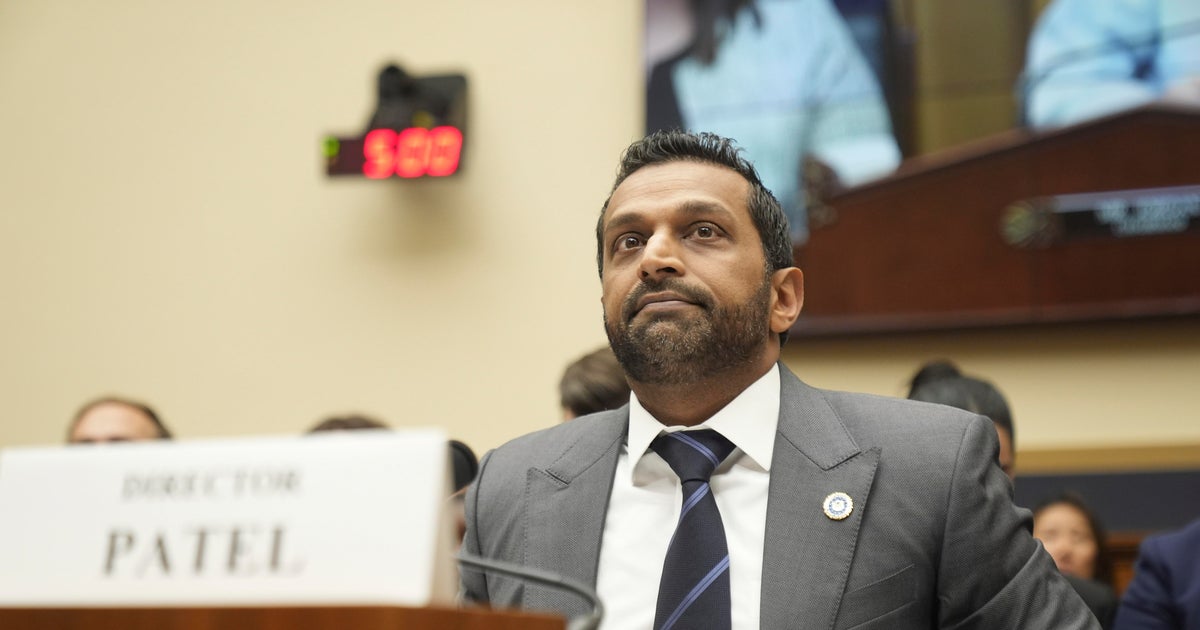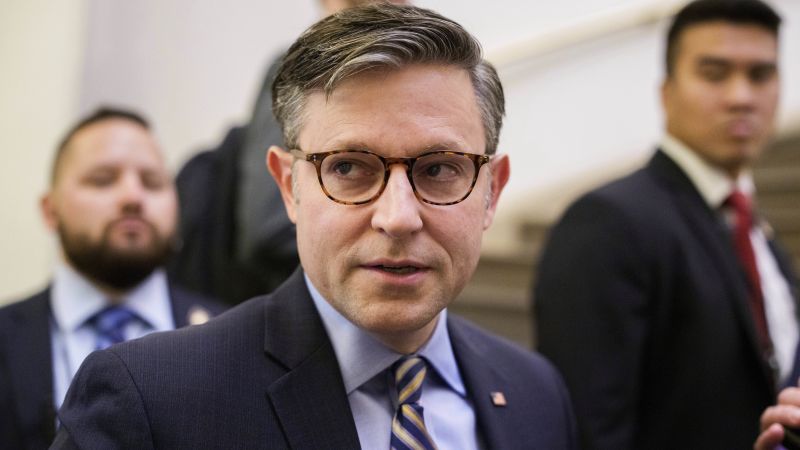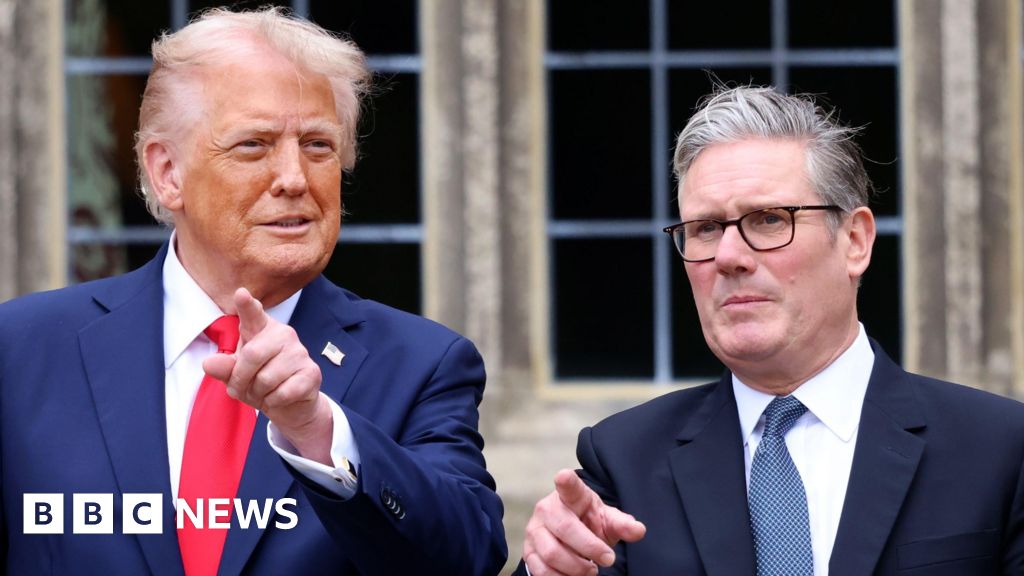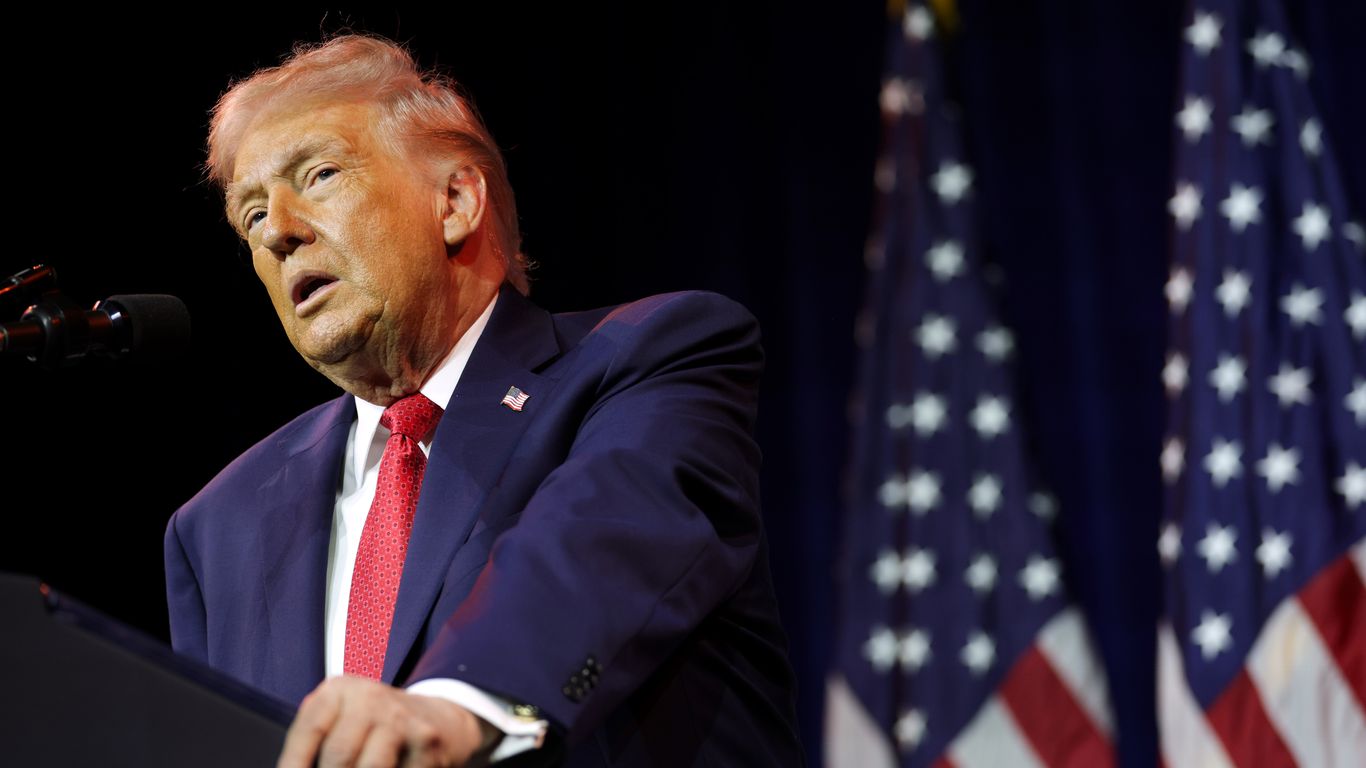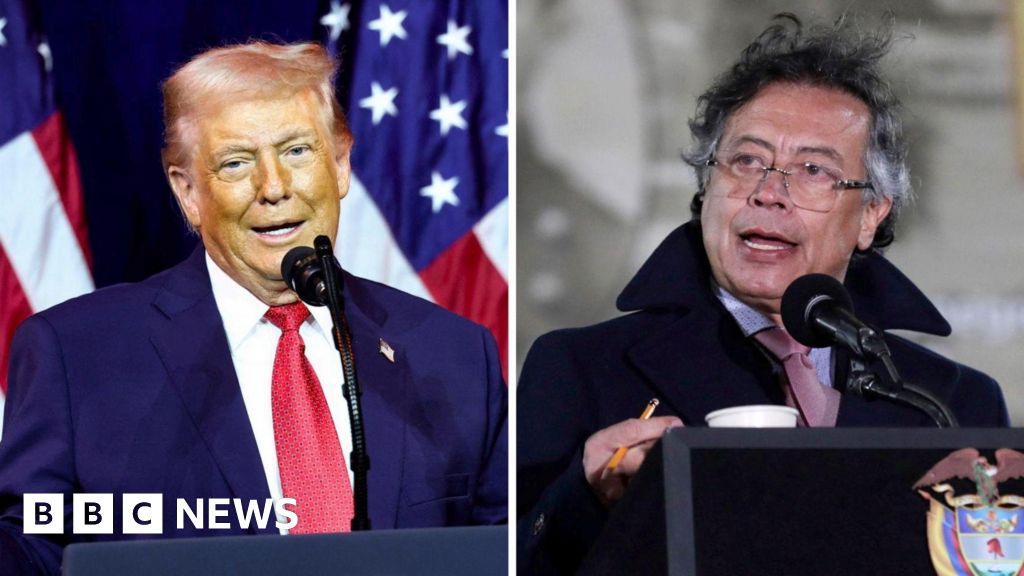Indictment of James Comey Sparks Debate on Justice System

Introduction
Former FBI director James Comey has been indicted on two felony charges, stemming from his congressional testimony in September 2020. This comes as no surprise, as President Trump has long demanded retribution for what he believes to be a politically motivated investigation into his 2016 campaign.
Key Details
Comey maintains his innocence, proclaiming that he has done nothing wrong and that this is simply the latest attempt to discredit him. However, the grand jury indictment suggests otherwise. In September 2020, Comey testified before Congress that he did not leak any classified information to the media. However, the indictment alleges that he did in fact disclose the contents of a classified memo to a friend, who then leaked it to the media. This raises questions about Comey's credibility and integrity as a former top law enforcement official.
Impact
The indictment of Comey has sparked a heated debate about the role of the justice system and the politicization of investigations. Many see this as a prime example of how the current administration has weaponized the justice system for their own political gain. Moreover, it raises concerns about the integrity of our justice system and the importance of holding those in positions of power accountable for their actions. The trial of James Comey will be a test of the justice system and its ability to remain impartial in the face of political pressure.
About the People Mentioned
James Comey
James Brien Comey Jr. (born December 14, 1960) is an American lawyer who served as the seventh Director of the Federal Bureau of Investigation (FBI) from September 2013 until his dismissal in May 2017. Before leading the FBI, Comey held prominent roles in the U.S. Department of Justice, including U.S. Attorney for the Southern District of New York (2002–2003) and Deputy Attorney General (2003–2005), the latter being the second-highest position in the DOJ. After leaving government service in 2005, he worked as general counsel for Lockheed Martin and Bridgewater Associates, and was a scholar at Columbia Law School[1][3][4]. Appointed by President Barack Obama, Comey’s tenure as FBI director was marked by high-profile investigations. He oversaw the inquiry into Hillary Clinton’s use of a private email server while Secretary of State. In July 2016, he publicly criticized Clinton’s judgment but cleared her of criminal charges. However, shortly before the 2016 presidential election, Comey controversially announced the reopening of the investigation based on new emails, which many analysts believe influenced the election outcome that favored Donald Trump[1][2][5][9]. Under President Trump’s administration, Comey confirmed the FBI’s investigation into possible Russian interference and contacts with the Trump campaign. This period included Comey’s public refutation of Trump’s unsubstantiated wiretapping claims. On May 9, 2017, President Trump abruptly fired Comey, a decision that drew extensive media attention and political debate[2][5]. Most recently, in September 2025, Comey was indicted by a federal grand jury on charges of making false statements and obstruction[9]. His career remains significant in discussions of U.S. law enforcement and political history.
Donald Trump
Donald John Trump, born June 14, 1946, in Queens, New York, is an American businessman, media personality, and politician. He graduated from the University of Pennsylvania’s Wharton School in 1968 with a degree in economics. In 1971, he took over his family’s real estate business, renaming it the Trump Organization, through which he expanded into building and managing skyscrapers, hotels, casinos, and golf courses. Trump gained widespread fame as the host of the reality TV show *The Apprentice* from 2004 to 2015, which helped establish his public persona as a successful entrepreneur. Trump entered politics as a Republican and was elected the 45th president of the United States, serving from 2017 to 2021. His presidency was marked by significant policy actions including tax cuts, deregulation, the appointment of three Supreme Court justices, renegotiation of trade agreements (notably replacing NAFTA with the USMCA), and a focus on immigration control including border wall expansion. He withdrew the U.S. from international agreements such as the Paris Climate Accord and the Iran nuclear deal, and engaged in a trade war with China. His administration’s response to the COVID-19 pandemic was criticized for downplaying the virus’s severity. Trump was impeached twice by the House of Representatives—first in 2019 for abuse of power and obstruction, and again in 2021 for incitement of insurrection—but was acquitted by the Senate both times. After losing the 2020 election to Joe Biden, Trump challenged the results, culminating in the January 6, 2021, Capitol riot. He remains a central figure in American politics, having won the 2024 presidential election and returned as the 47th president in 2025, continuing to promote policies aimed at economic growth, border security, and military strength[1][2][3][4].
About the Organizations Mentioned
FBI
The Federal Bureau of Investigation (FBI) is a premier law enforcement agency in the United States, renowned for its role in protecting the nation from domestic and international threats. Founded on July 26, 1908, as the Bureau of Investigation, it was initially tasked with addressing land fraud and corporate malfeasance under President Theodore Roosevelt[1][2]. Over time, its mandate expanded significantly, particularly with the passage of the Mann Act in 1910, which allowed federal jurisdiction over certain moral offenses[1][4]. ### History and Evolution The FBI underwent significant transformation under J. Edgar Hoover, who became its director in 1924. Hoover implemented strict hiring standards and enhanced operational capabilities, transforming the agency into a robust investigative force[1][4]. The FBI's name was officially changed to the Federal Bureau of Investigation in 1935[5][6]. Throughout its history, the FBI has faced challenges, including concerns about potential abuses of power, but it has consistently demonstrated its value in national security and law enforcement[3][4]. ### Key Achievements The FBI has been instrumental in combating various crimes, including white-collar offenses, civil rights violations, and national security threats. Notable achievements include its role in enforcing the Espionage Act during World War I and its investigations into organized crime throughout the 20th century[2][4]. ### Current Status Today, the FBI is a sophisticated agency with over 37,100 employees, including special agents and professionals in various fields such as intelligence analysis and cybersecurity[5]. It operates in 55 field offices across the U.S. and has an international presence in 81 nations[5]. The FBI continues to evolve, addressing emerging threats like cybercrime and terrorism while maintaining its commitment to justice and integrity. ### Notable Aspects The FBI is known for its rigorous training programs at the FBI Academy in Quantico, Virginia, and its advanced forensic capabilities at the FBI Laboratory. Its work in business and technology includes
Congress
The United States Congress is the legislative branch of the federal government, playing a pivotal role in shaping the nation's policies and laws. As a bicameral legislature, it consists of the House of Representatives and the Senate, each with distinct responsibilities. The House represents congressional districts, while the Senate represents states, ensuring diverse perspectives are heard. **History and Structure:** Congress has a rich history, evolving over time to reflect the nation's demographic changes and political shifts. It is structured into committees that specialize in various policy areas, facilitating the legislative process. The National Archives and Records Administration maintains historical records of Congress, highlighting its ongoing role in governance. **Key Achievements:** Throughout its history, Congress has achieved numerous milestones, including landmark legislation such as the Civil Rights Act and the Affordable Care Act. It has also played a significant role in shaping the nation's economic policies, influencing business and technological advancements. **Current Status:** The 119th Congress, which convened in January 2025, marks significant changes with a Republican majority in both chambers. This setup has implications for policy-making, especially in areas like healthcare and technology regulation. The current Congress is also notable for its diversity, being the most racially and ethnically diverse in history. **Notable Aspects:** - **Diversity and Representation:** The 119th Congress is the most diverse in U.S. history, with increased representation from diverse ethnic backgrounds and the inclusion of the first openly transgender federal legislator. - **Technological Integration:** Congress uses technology to enhance legislative processes, such as through platforms like Congress.gov, which provides access to legislative information and resources. - **Economic Impact:** Congress's decisions have profound impacts on business and technology sectors, influencing regulatory environments and investment opportunities. In summary, the U.S. Congress is a dynamic institution that plays a crucial role in shaping the nation's policies, laws, and economic landscape. Its ongoing evolution reflects the changing needs and demographics of the country, making it a vital





